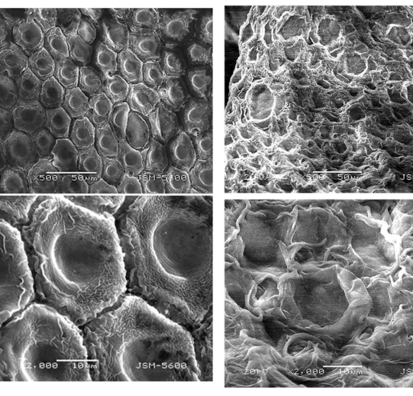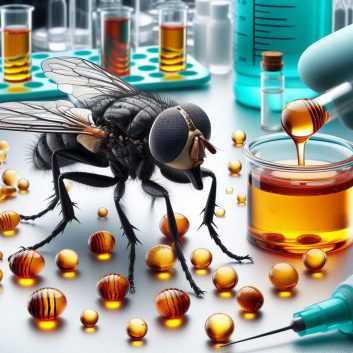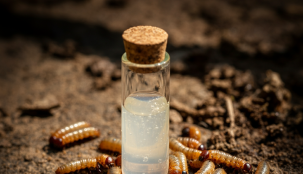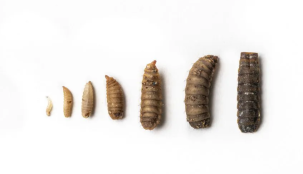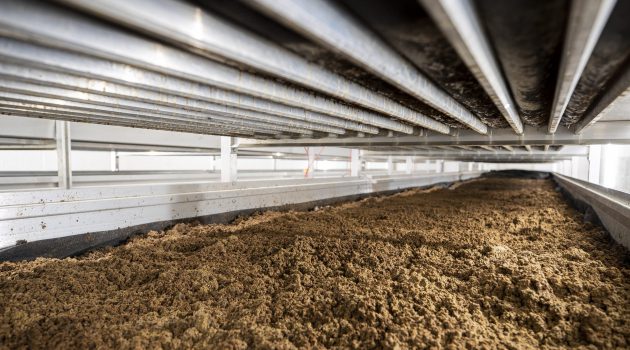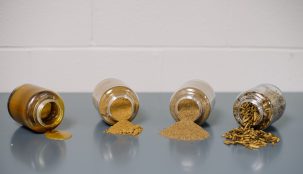Unlocking the Potential of Black Soldier Fly Chitin
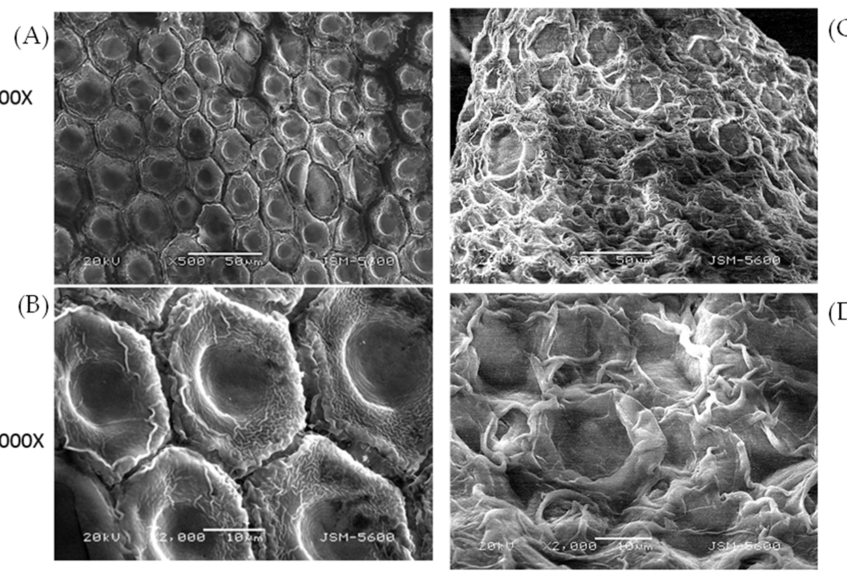
Introduction
Chitin, the second most abundant biopolymer on Earth, has attracted considerable attention in recent years for its versatile properties and potential applications. With the increasing interest in insect-based solutions for various industries, BSF chitin offers a wide range of applications, from biodegradable materials to pharmaceuticals. This article will delve into the potential uses of BSF chitin and its impact on future industries.
Biodegradable materials
The growing problem of plastic pollution has led to a demand for eco-friendly alternatives. One potential solution is the use of chitin derived from BSF as a biodegradable material. Chitin can be chemically converted into chitosan, a more soluble and flexible biopolymer. This chitosan can be used to create biodegradable films, packaging materials, and even agricultural mulch films that break down over time, reducing the environmental impact of plastic waste.
Medical applications
The unique properties of BSF chitin make it a valuable resource in the medical field. Chitosan’s biocompatibility, biodegradability, and antimicrobial activity make it ideal for wound dressings, tissue engineering, and drug delivery systems. It can be used to create scaffolds for tissue regeneration, and its inherent antimicrobial properties can help prevent infection in wounds and surgical sites.
Agriculture and livestock feed
BSF larvae are a high-quality protein source for livestock and aquaculture feed, and their chitin content can provide added benefits. Chitin has been shown to improve the immune response and overall health of animals when included in their diets. This could reduce the need for antibiotics in livestock, which is a significant contributor to antibiotic resistance.
Conclusion
The Black Soldier Fly offers a promising and sustainable source of chitin, unlocking a wide range of potential applications across numerous industries. From biodegradable materials to water treatment and medical uses, BSF chitin provides innovative solutions to some of the world’s most pressing problems. As research continues, and the insect industry expands, the potential uses for BSF chitin are likely to grow, contributing to a more sustainable and environmentally friendly future.
